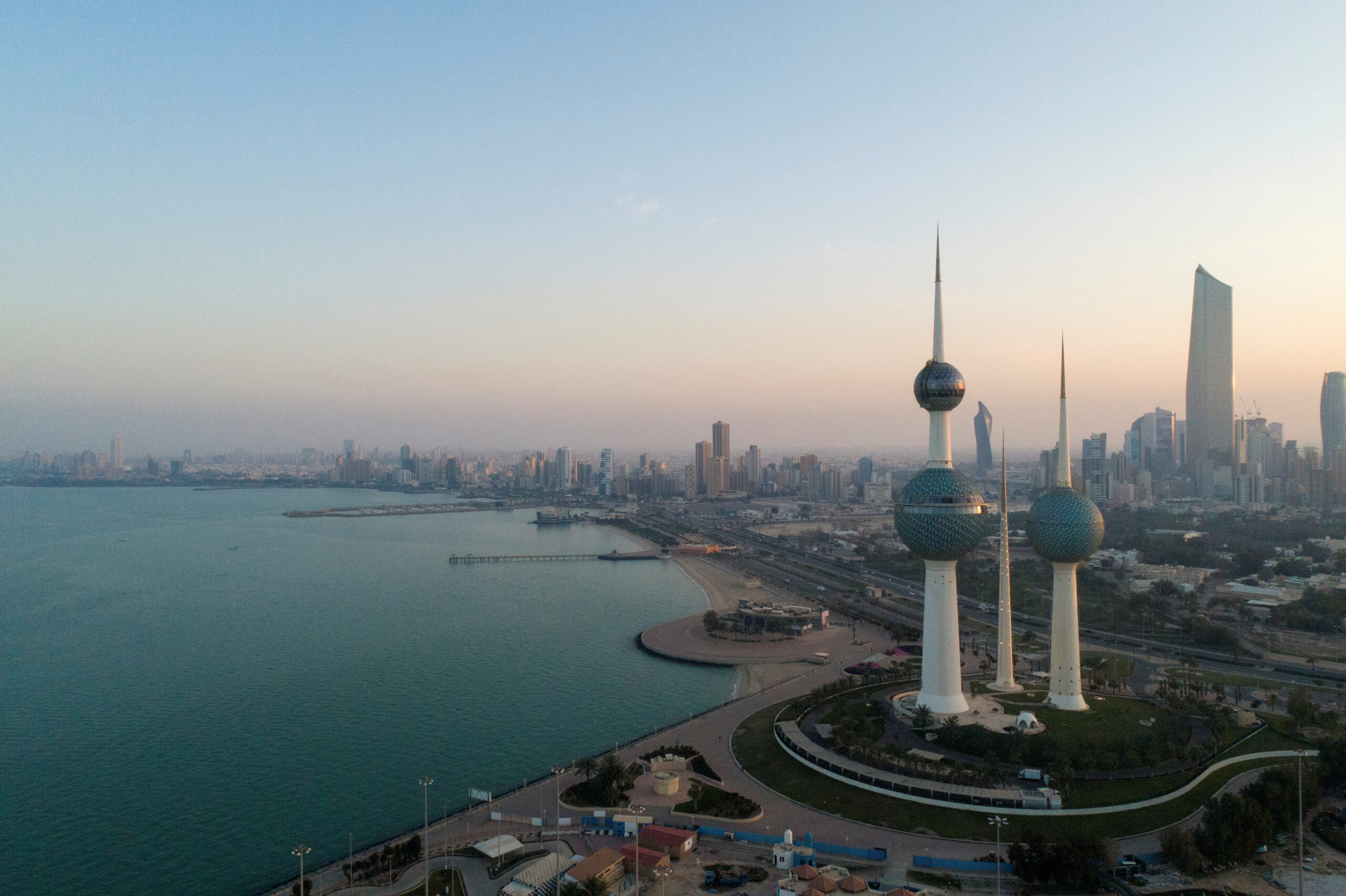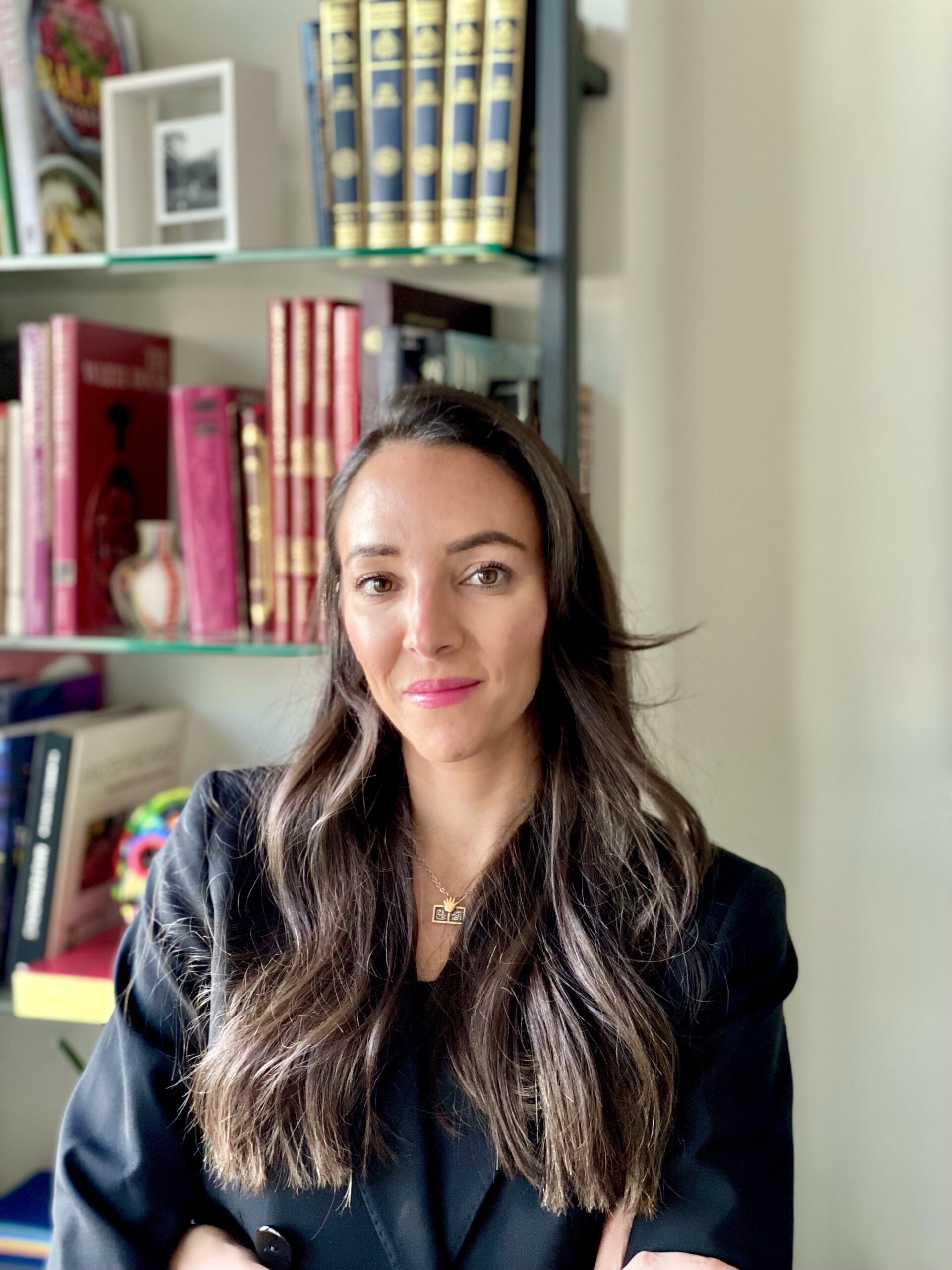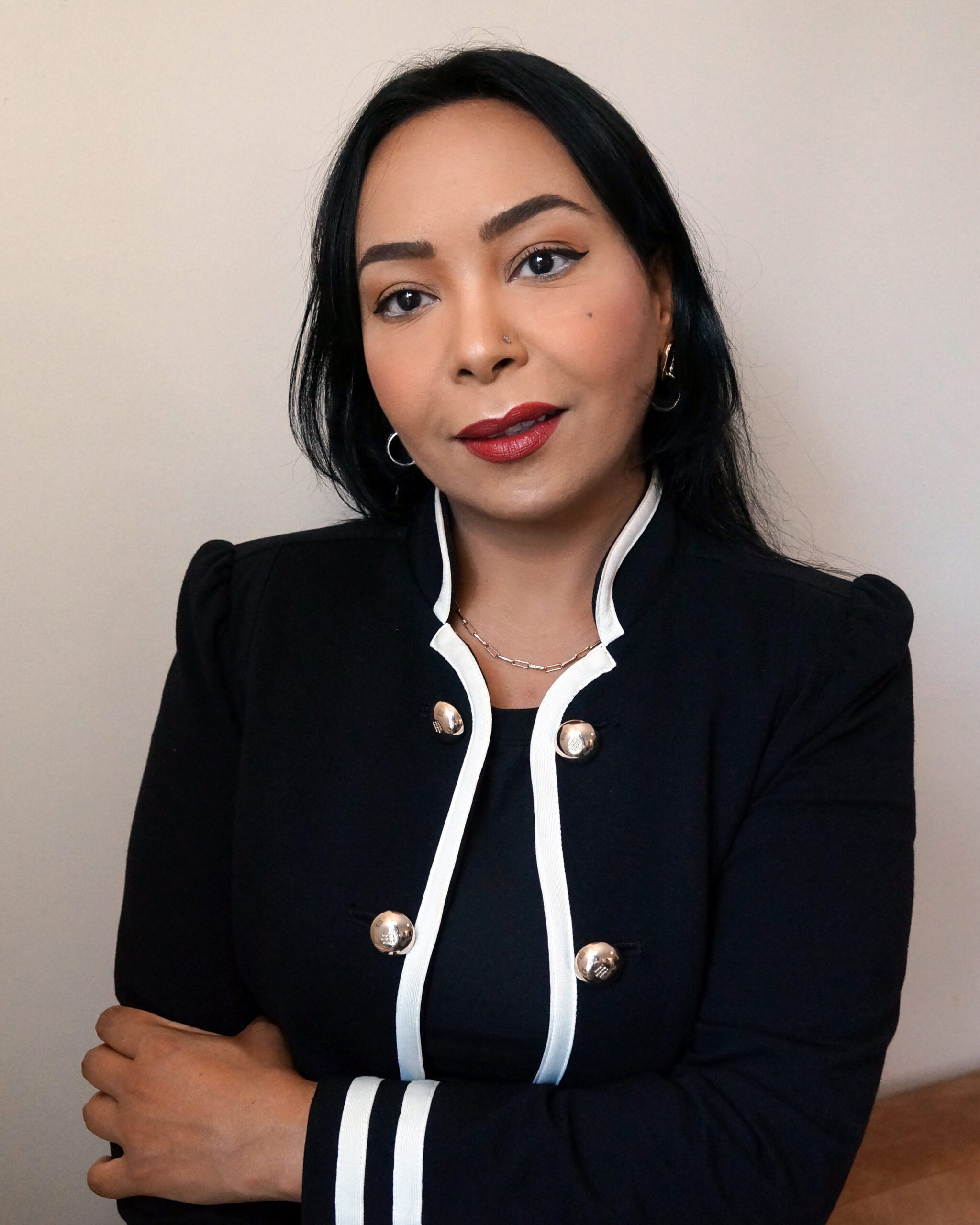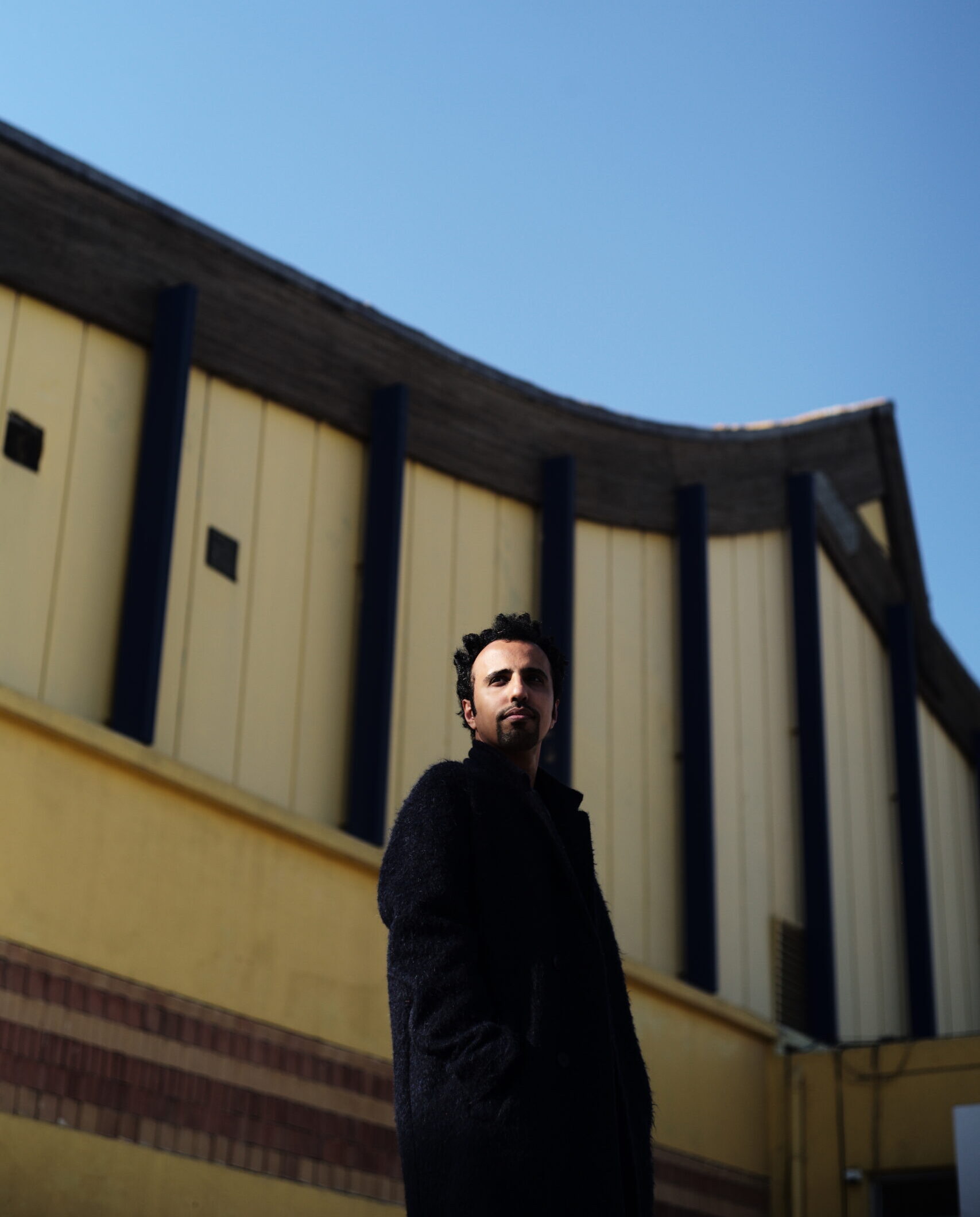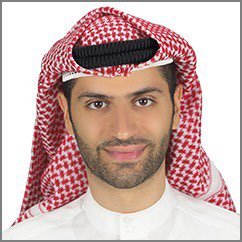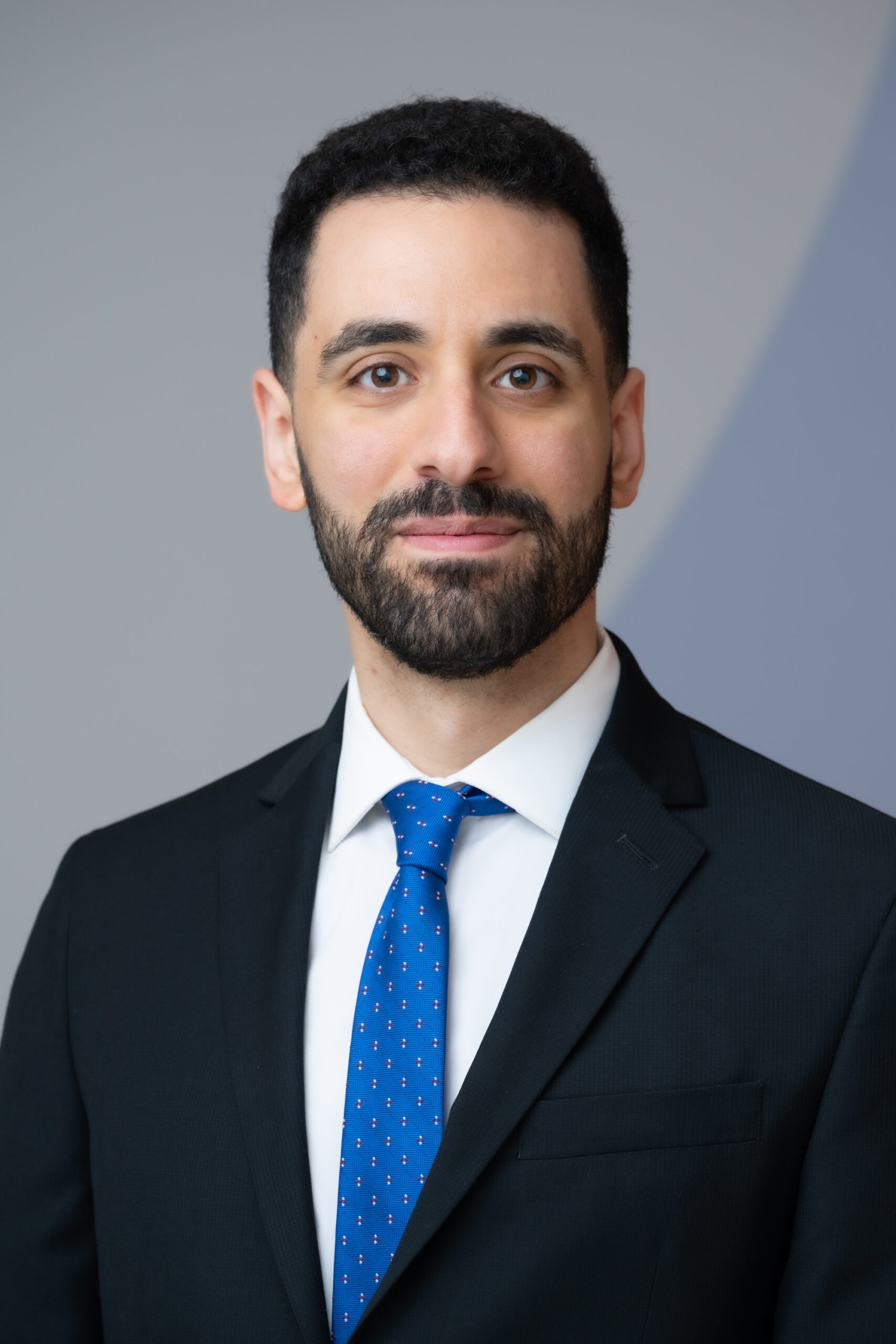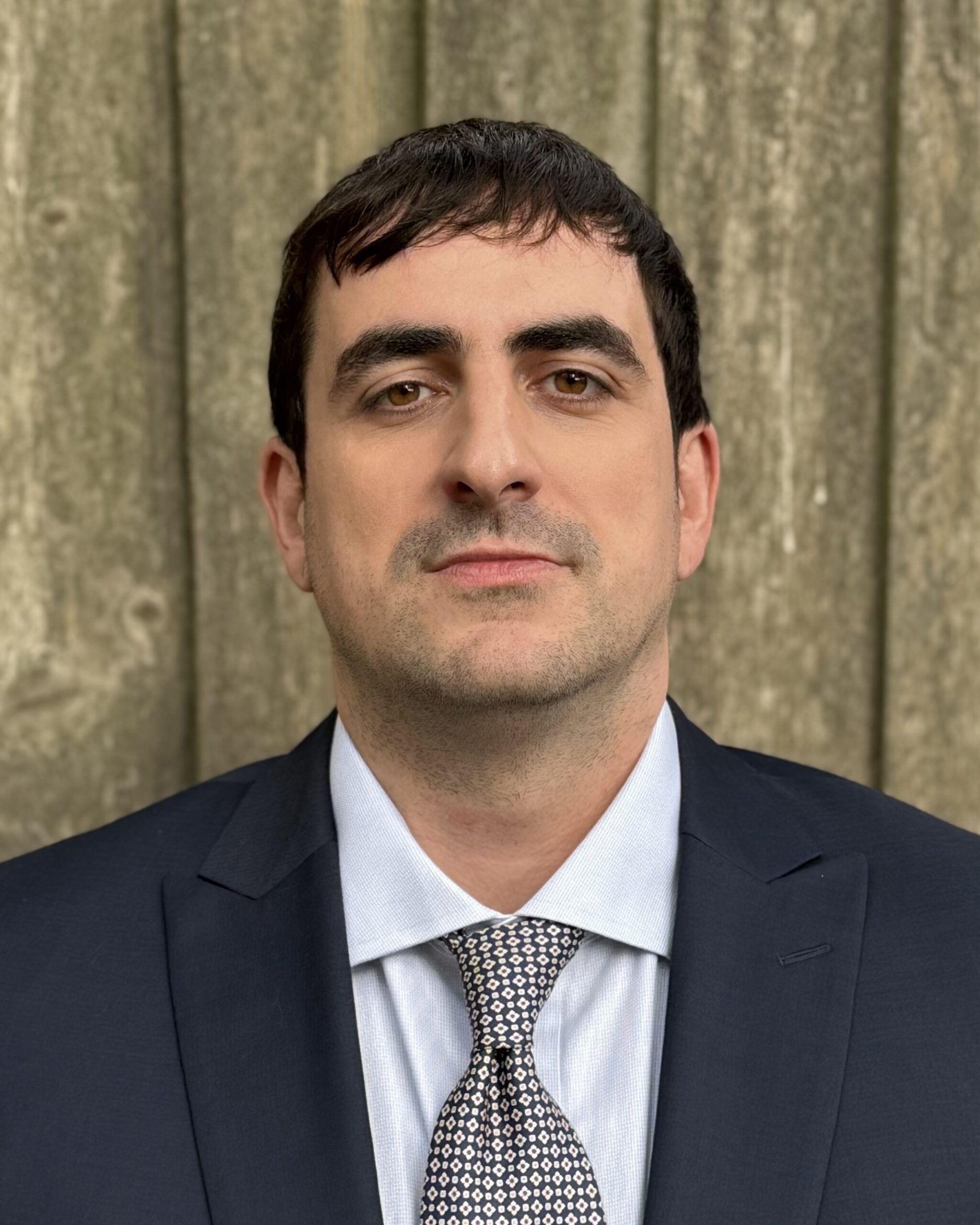Kuwait
Mar 2, 2026
Iran War: Gulf Unity, Economic Shocks, and Regime Scenarios
After a massive U.S.-Israeli campaign against Iran, AGSI explores scenarios for the future of Iran and implications for broader Gulf security.
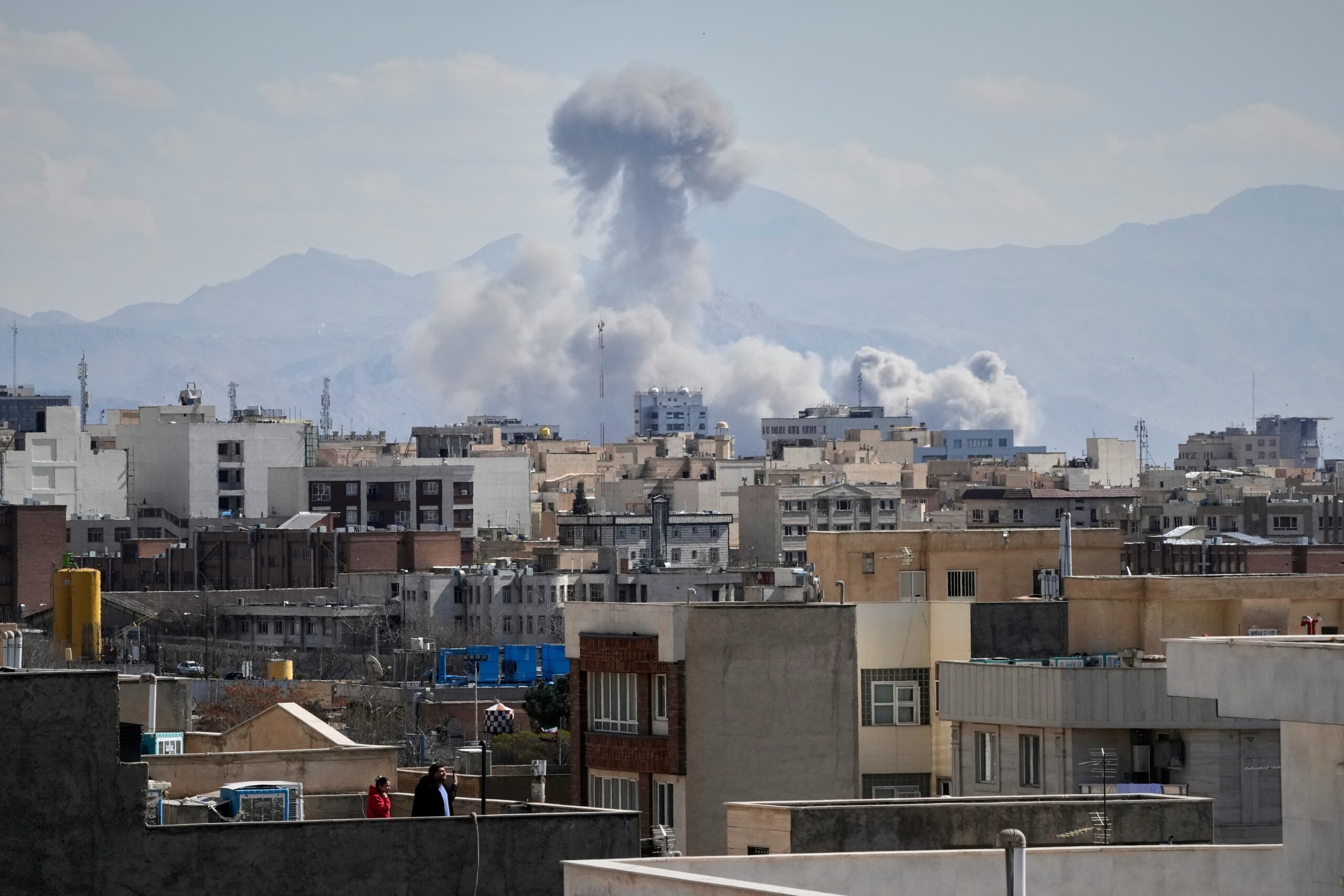
Feb 17, 2026
Outlook 2026
AGSI experts assess the trends likely to shape the Gulf region and U.S. foreign policy in 2026.

Dec 22, 2025
Outlook 2026: Prospects and Priorities for U.S.-Gulf Relations in the Year Ahead
On January 8, AGSI hosted a virtual roundtable with its leadership and scholars as they look ahead and assess trends likely to shape the Gulf region and U.S. foreign policy during the coming year.

Dec 4, 2025
Narrative Lens: Remaking Space and Photographic Possibilities
On December 18, AGSI hosted a unique event to close the exhibition “Making Space: Gulf Photographers on the Scene.”
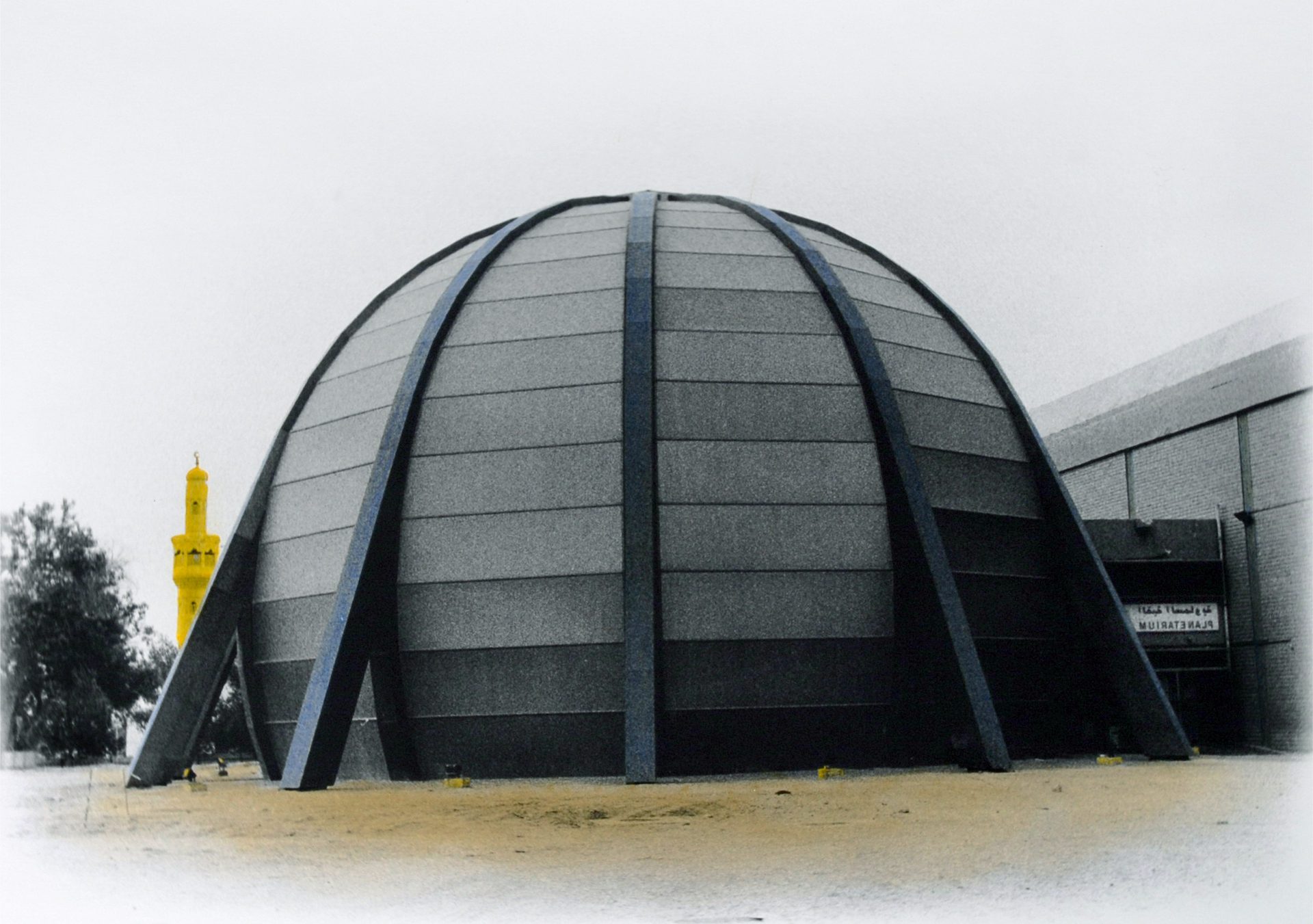
Sep 25, 2025
What Can the Gulf Do After the Attack on Qatar?
Gulf states need to prioritize enhanced regional defense cooperation with an expanded group of potential partners, consider using the financial leverage of sovereign wealth funds’ action, and ramp up diplomatic pressure to deter such attacks in the future.
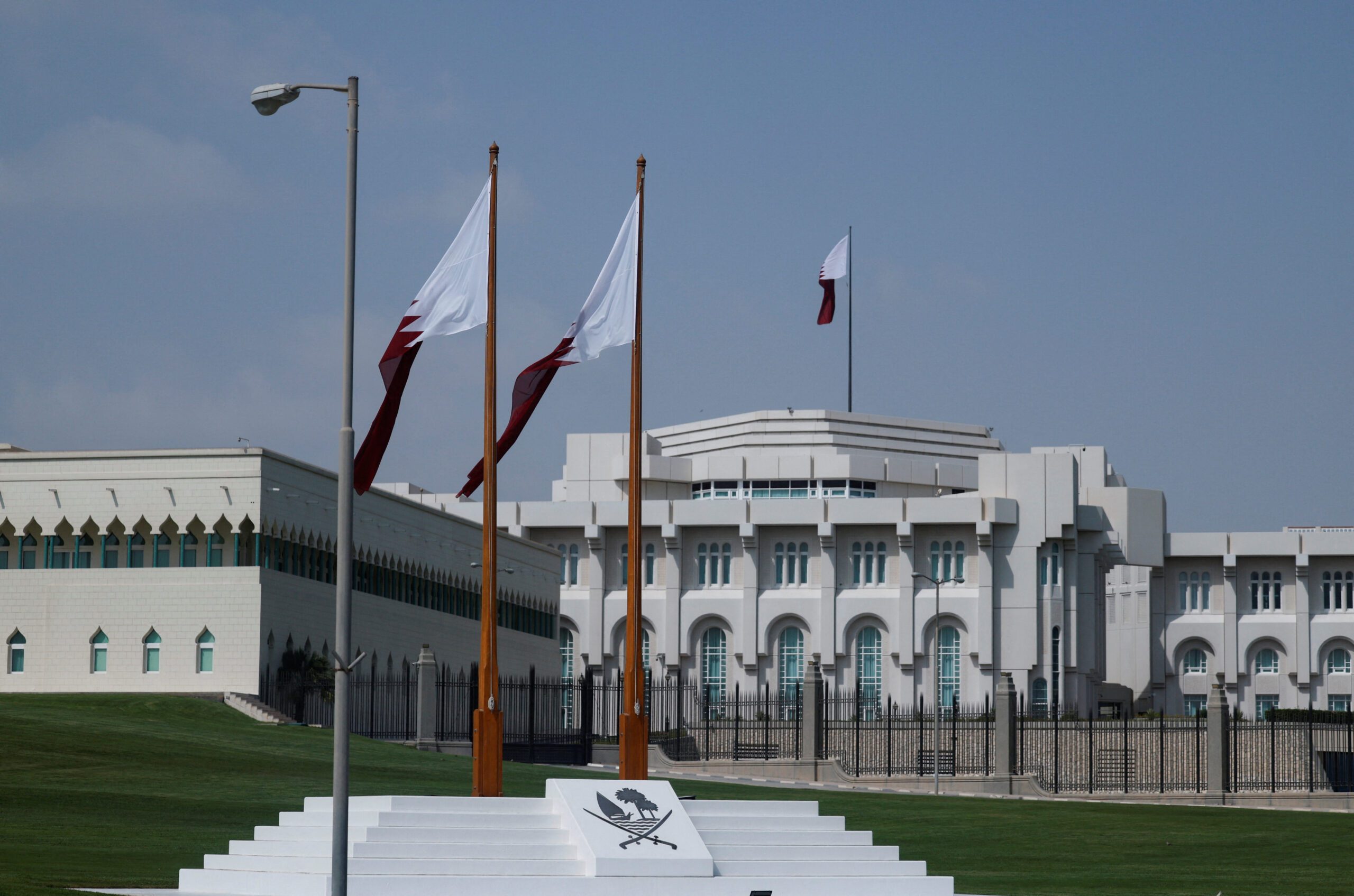
Sep 18, 2025
Kuwait-China Economic Ties Expand Beyond Hydrocarbons
While hydrocarbons will likely continue to dominate Kuwait-China economic ties, the two countries are increasing cooperation in sectors such as construction, logistics, and renewable energy, suggesting a growing appetite to broaden ties beyond oil.
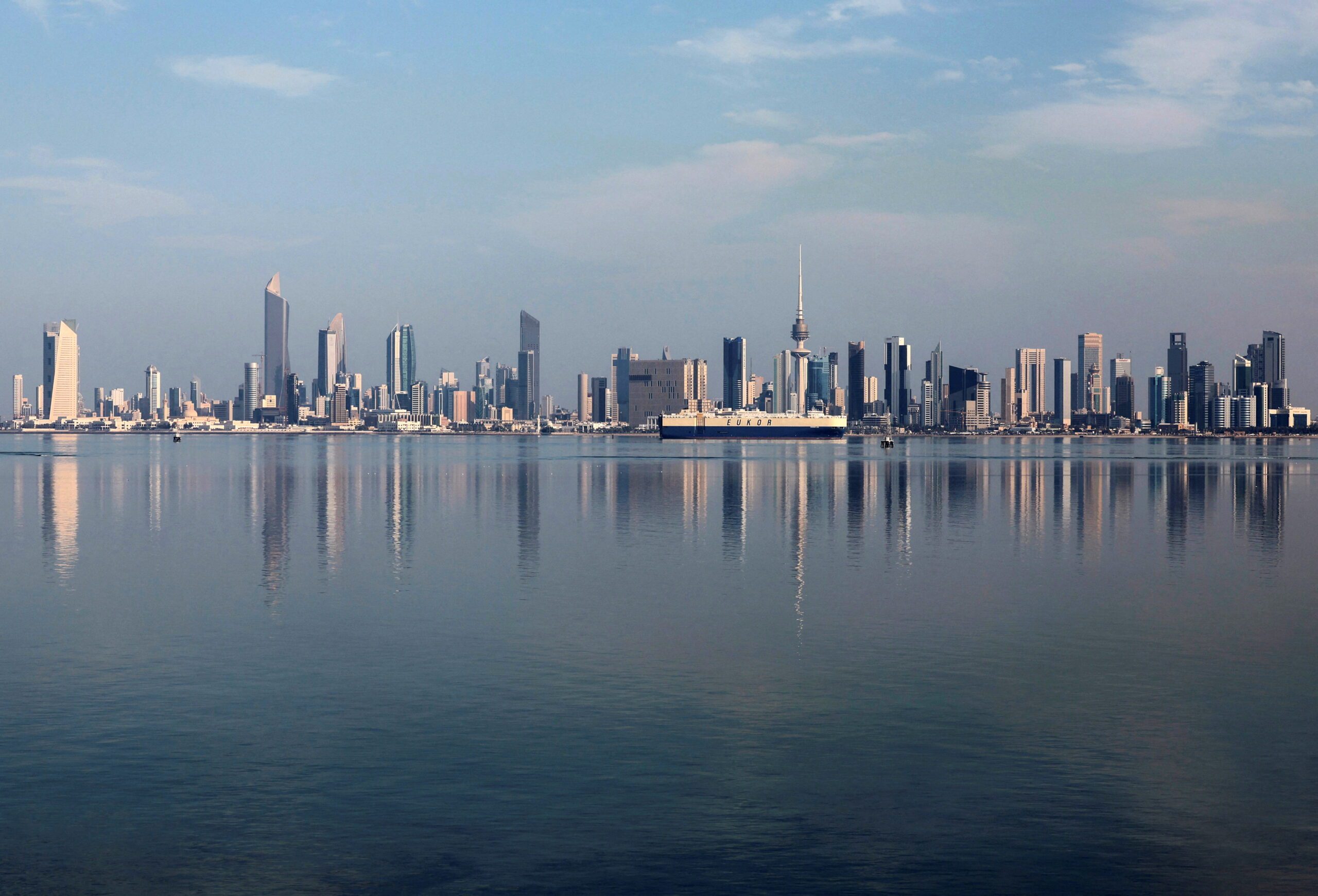
Sep 12, 2025
The Gulf’s ESG Rules Are Redefining Risk
The Gulf’s environmental, social, and governance regulation transformation is not only reshaping compliance, it is redefining risk.
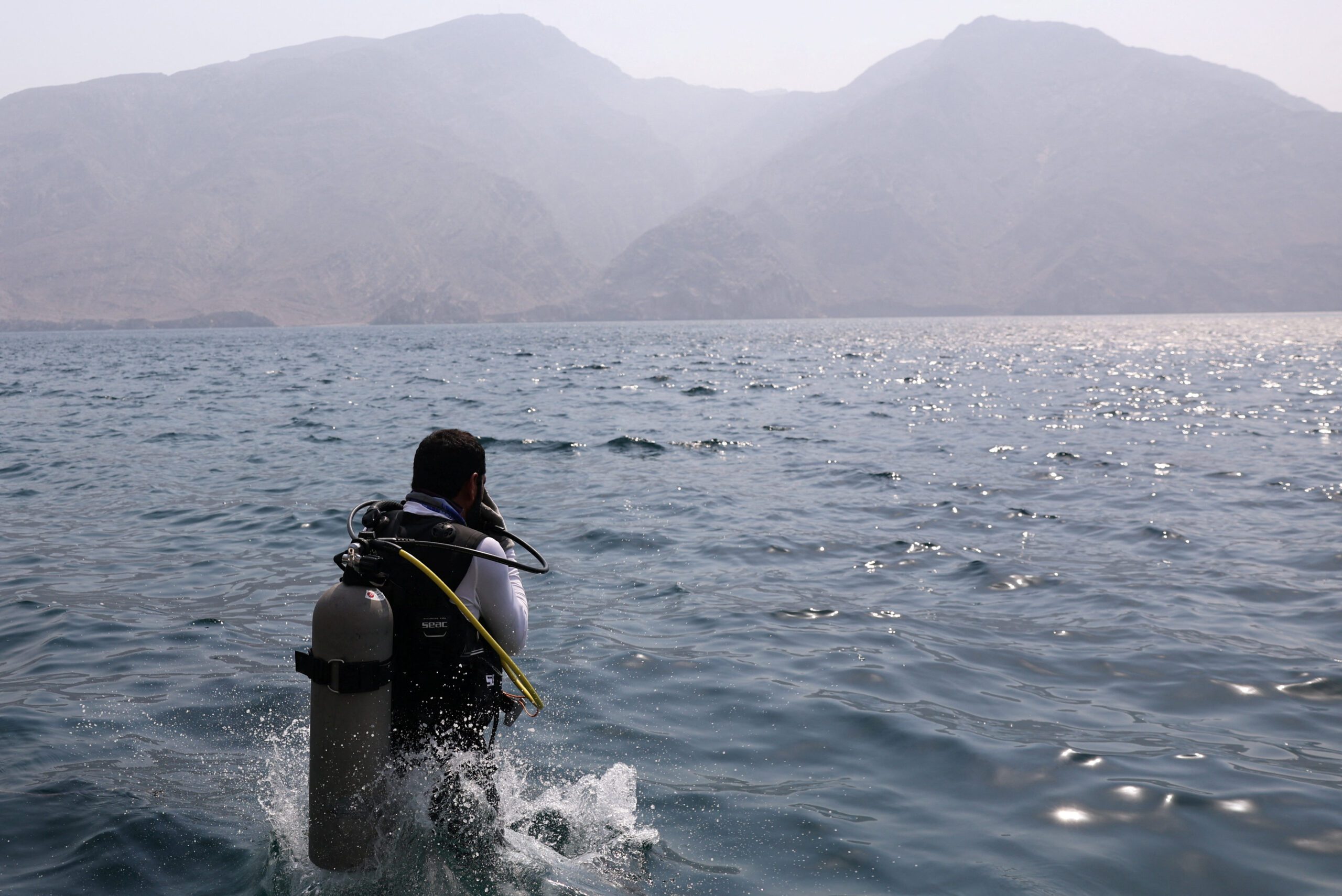
Aug 27, 2025
Kuwait’s Naval Modernization Push
Kuwait is working to ensure its naval forces can protect its economic interests, uphold its sovereignty, and contribute meaningfully to multilateral security initiatives.
